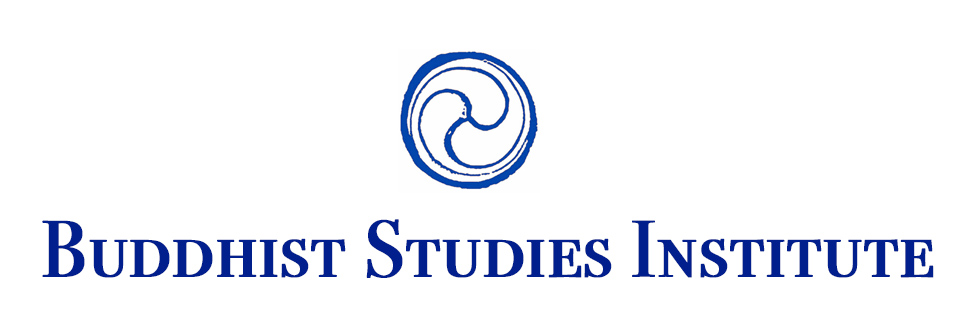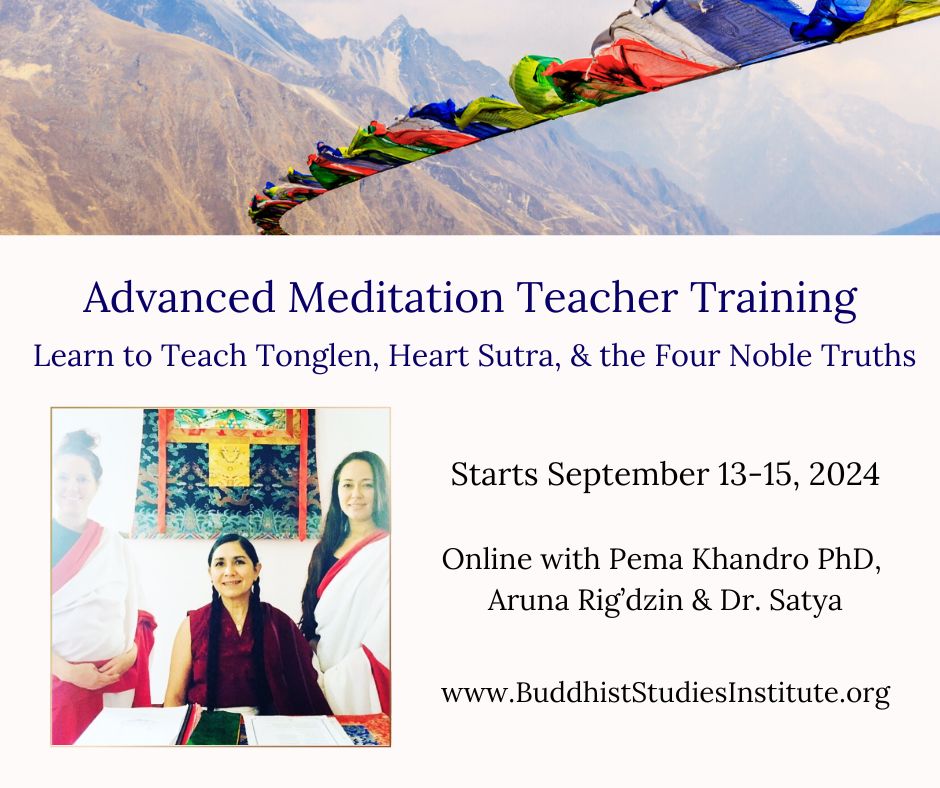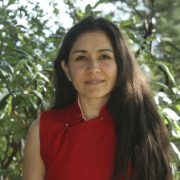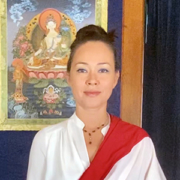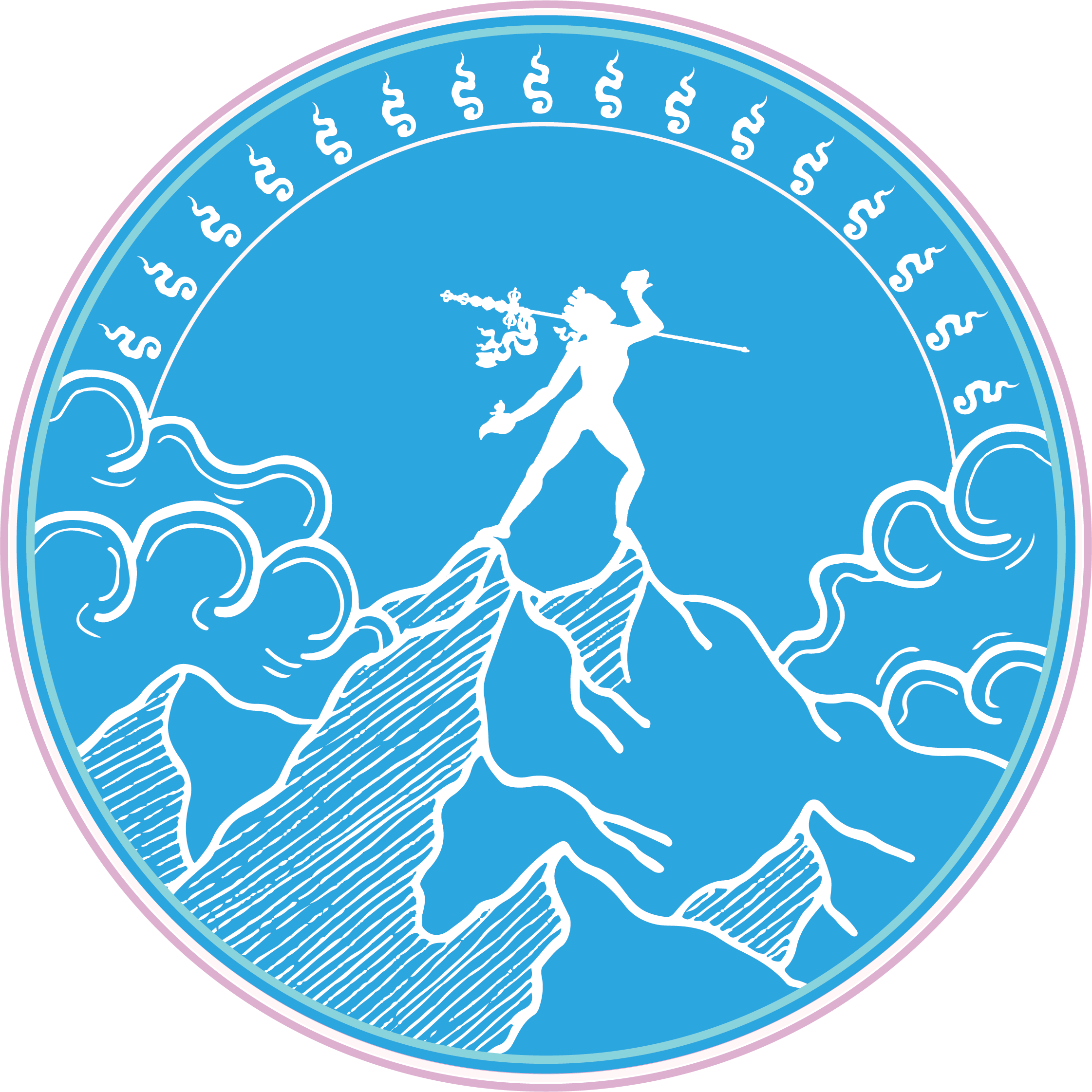About the Advanced Meditation Teacher Training
Take meditation teaching to the next level by receiving an Advanced Meditation Teacher Certificate from the Buddhist Studies Institute. There is an urgent need for Meditation teachers who have rigorous, in-depth training beyond Mindfulness techniques. Mindfulness has opened the door to meditation in every possible setting from elementary schools to board rooms. This has left a gap for those interested in Buddhist meditation and Buddhist traditions; students want to learn more and need expert teachers to guide them.
This course focuses on the teaching of three core practices to introduce students to the Buddhist tradition. Advanced Meditation teachers will learn to lead:
- Tonglen, the meditation on love and compassion from Mahayana Buddhism
- The Heart Sutra chanting meditation, the foundation of non-duality
- The Four Noble Truths, the Buddha’s first teaching and the core principles of Buddhism
This course will span three years, from 2024 to 2027. Core coursework and practicums will take place between September and January each year during that period; students are required to remain enrolled in Vajrayana Training throughout the year.
